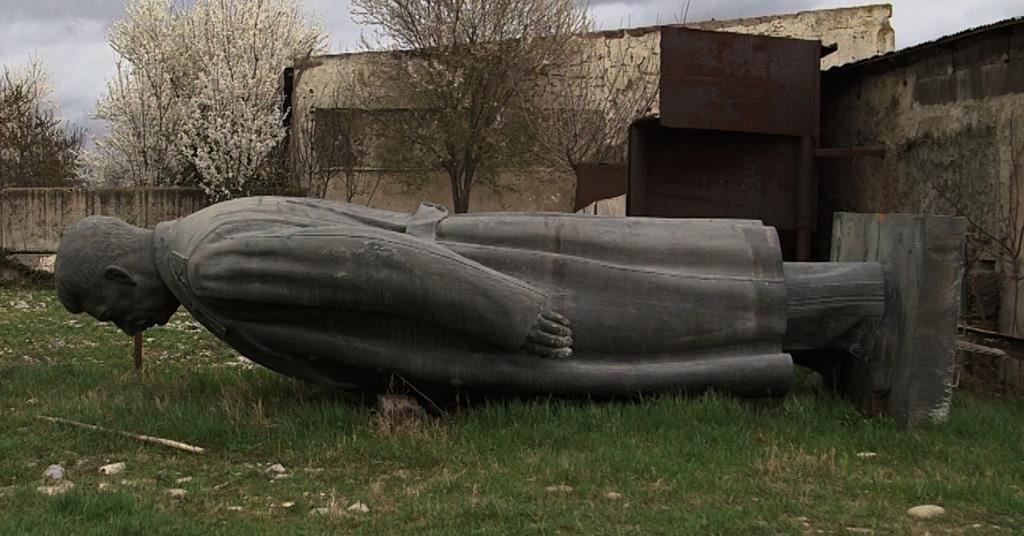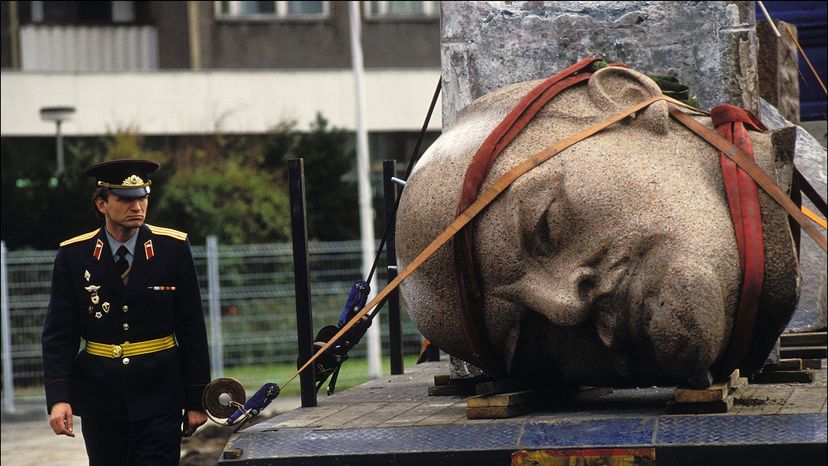
The End of a Superpower: The Collapse of the Soviet Union
https://youtu.be/JsPHKDuP-Hk
It's been 30 years since the collapse of the Soviet Union, an unprecedented event in history that still has significant repercussions in the region today. At the height of its power, the USSR was home to 280 million people and covered roughly 1/6th of the planet's surface.
In 1991, the communist superpower imploded, creating 15 new states overnight, some more successful than others three decades down the road. DW's "The Collapse of the Soviet Union" looks at how the giant historic upheaval in the early 90s affects what the region is like in 2021 through a socio-cultural and geopolitical lens.
 The USSR formed in 1922 as a federal union of various national
republics, which by 1991 included Russia, Estonia, Lithuania, Belarus,
Ukraine, Moldova, Armenia, Azerbaijan, and Kazakhstan, Kyrgyzstan, among
others.
The USSR formed in 1922 as a federal union of various national
republics, which by 1991 included Russia, Estonia, Lithuania, Belarus,
Ukraine, Moldova, Armenia, Azerbaijan, and Kazakhstan, Kyrgyzstan, among
others.
However, the reality was that its government and economy were highly centralized in Moscow until the Union disbanded.
During the mid-80s, there was a rise of nationalist movements within these republics. Their desire for freedom, prosperity and sovereignty from the Union eventually led it to break apart.
 These former Soviet republics now had to fend for themselves,
transitioning into democracies - some more autocratic than others - and
adapting to new economies that were now market-based.
These former Soviet republics now had to fend for themselves,
transitioning into democracies - some more autocratic than others - and
adapting to new economies that were now market-based.
Russia, of course, was the largest of the 15 states, and it kept the bulk of the Soviet's assets and military might, as well as its standing on the international stage. The Baltic States in the West became pro-European, joining NATO, while the states in the East and Central Asia kept their ties with Russia or aligned with China.

Worshiping your religion was also allowed, never outlawed and (mostly) tolerated. In 2021, while these countries enjoy even more religious freedom, theology-based conflicts are rising. Schisms and religious wars were practically non-existent in the Soviet Union because the Soviet state's needs and welfare ALWAYS came first. Finally, the different ethnic clashes raging for decades, particularly between Armenia and Azerbaijan, were kept at a minimum under Soviet rule.

Russian President Vladimir Putin has said that the collapse of the Soviet Union was a geopolitical catastrophe. He has also said that anyone who doesn't mourn the Soviet Union has no heart, but anyone who would go back to what it was has no head.
 Since DW made this film, Russia invaded Ukraine in early 2022. The
complex intersection of historical, political and cultural issues in the
area is still far from ever being resolved.
Since DW made this film, Russia invaded Ukraine in early 2022. The
complex intersection of historical, political and cultural issues in the
area is still far from ever being resolved.





No comments:
Post a Comment
Note: Only a member of this blog may post a comment.